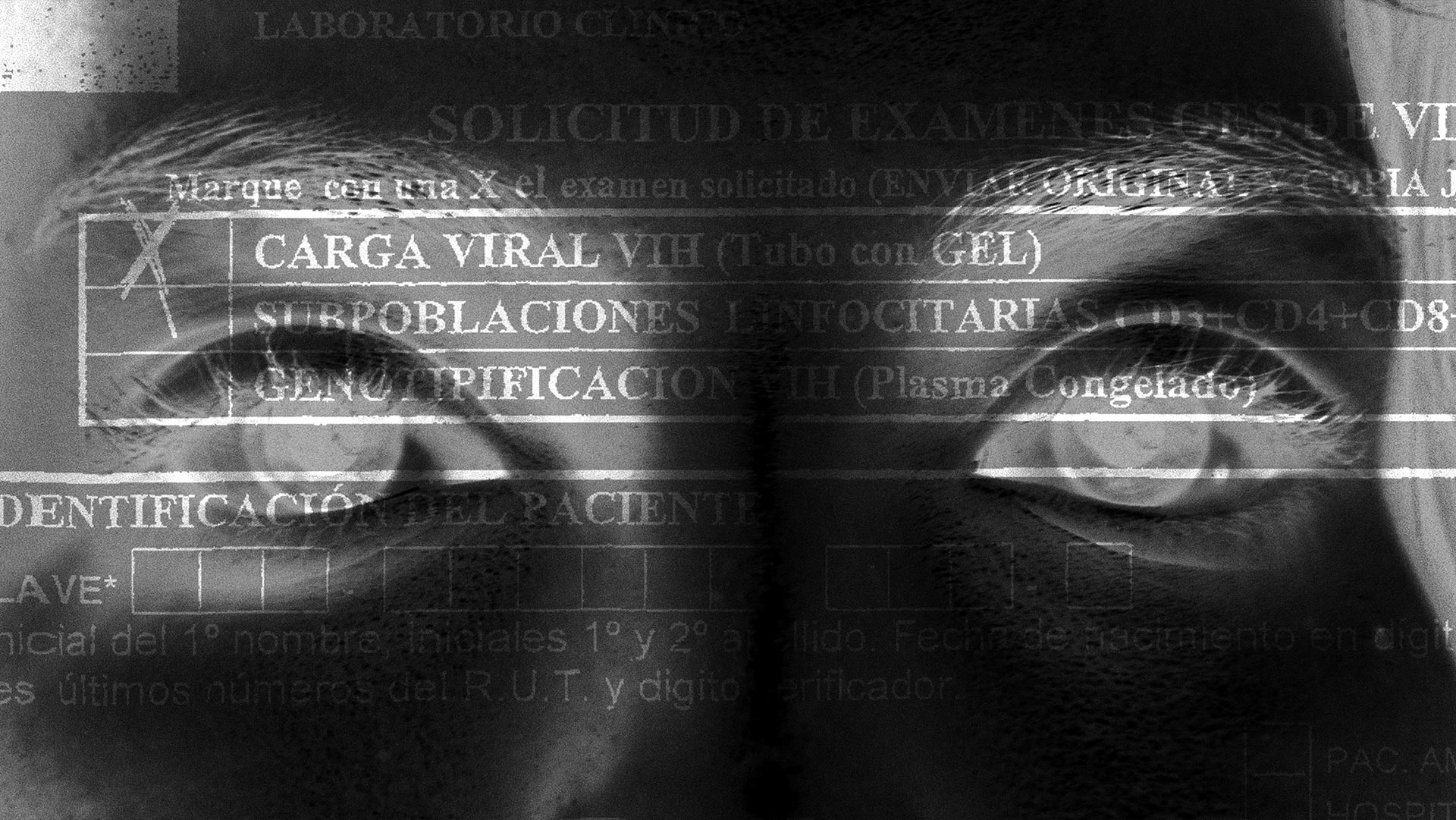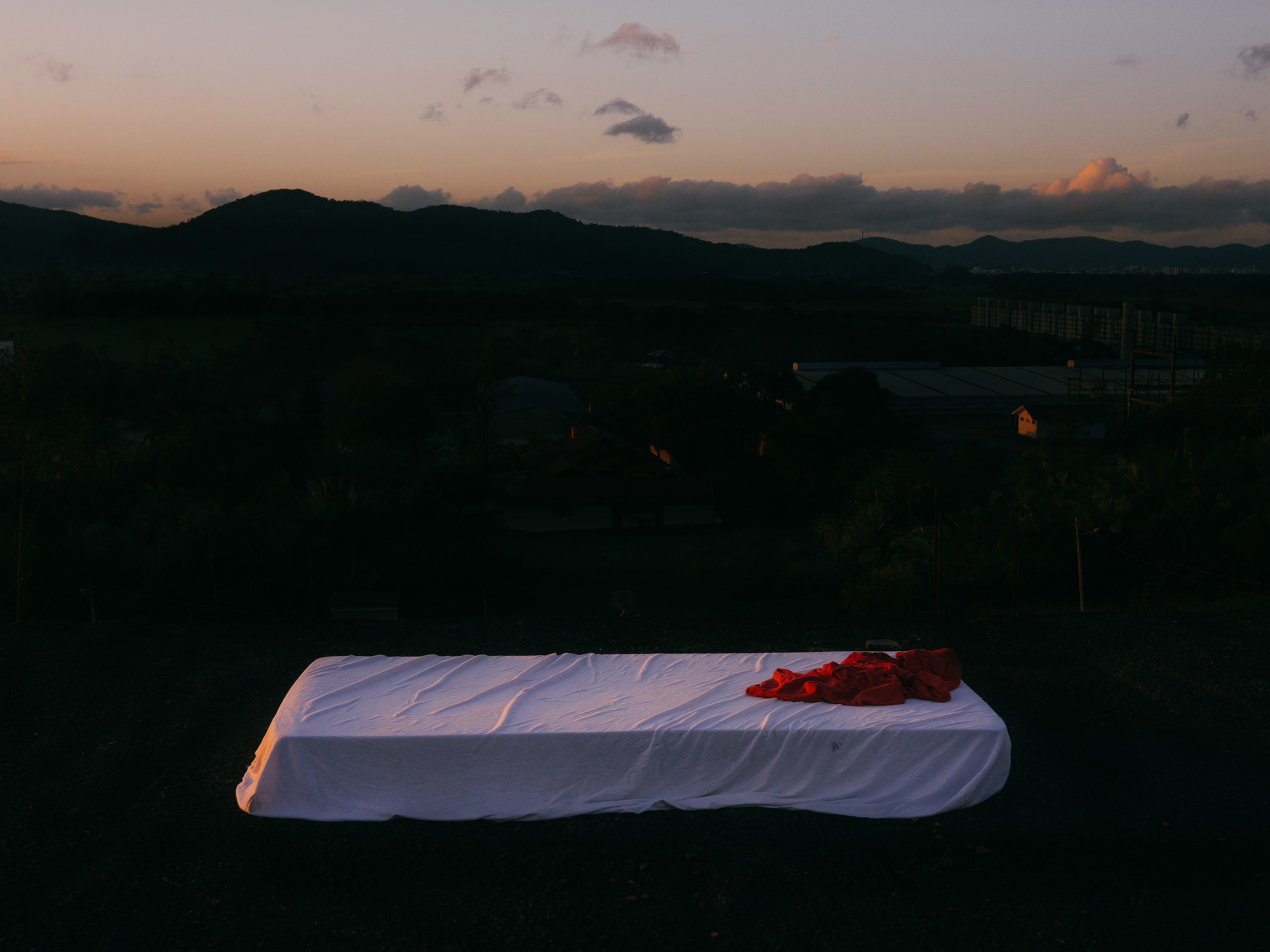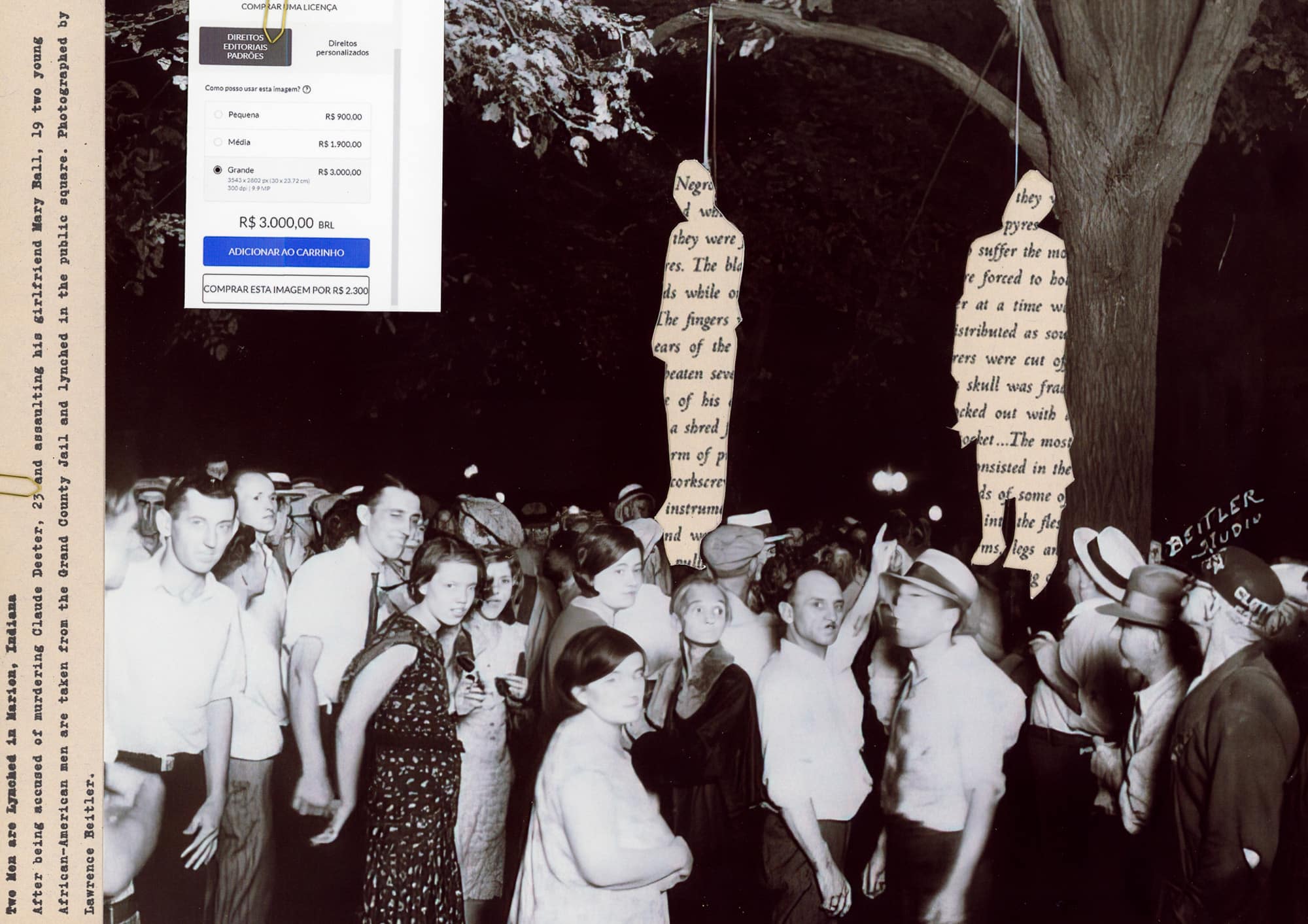
Migration is a big word
In 2021, Lia Valero joined Semillero Migrante, a training space for visual storytellers around the phenomenon of migration. There, the Colombian photographer decided to tell a personal story: the migration of her mother, who has been living between Spain and Portugal for 30 years. The project is titled Desterrarse and talks about the moments of farewell between a migrant woman and her daughter.
By Marcela Vallejo
Esperanza left the country for the first time when her daughter, photographer Lía Valero, was seven years old. A year later, Esperanza returned to Colombia and took her daughter to Spain, where they lived for four years, the time it took her mother to earn a doctorate in education. Then they returned to their country of origin, and a few years later, when Lía was beginning her university studies, her mother decided to emigrate again; she felt that outside Colombia, she had more opportunities for personal growth and to live with more peace of mind. Since then, Esperanza has spent long periods of time between Spain and Portugal.
That was the story Lia decided to tell when she joined the Semillero Migrante (Migrant Seedbed) in 2021. The Semillero is a training program for visual storytellers in Colombian territory who work on themes related to migration. In 2021 the first cycle began with eight photographers accompanied and directed by artists such as Fabiola Ferrero, Támara Merino, Juanita Escobar, Óscar Castillo, and Fabio Cuttica.
Initially, Lia thought of working around a migration story based on an environmental conflict. Her work as a photographer has been related to the environment, environmental leaders, and conflicts associated with water, mining, or species trafficking. But little by little, she realized that she herself had lived a migration story. “The story between my mother and me has been marked by that: pulling up the root to plant it again in a foreign land.” Lía decided to tell that process in her photographic series Desterrarse.
She took advantage of the fact that her mother was going to spend some time in Colombia so she could develop the project and talk about a subject they had never dealt with together before. Lia had a traditional and classic documentary vision. She had started her project with images in which she accompanied her mother in her daily activities. The tutor who accompanied her during the process was the Chilean Támara Merino, and she guided her to explore a more intimate and poetic language.
This led to a series of games with light “from that search for nostalgia, to convey feelings.” This exploration also led her to review the family archives in search of photographs that not only transported her to other times but also allowed her to play with other languages. Thus, she intervened in some of the images with earth, thinking about the idea of exile.
The process allowed Lia to understand her mother’s way of seeing the migration, for whom “migration is a very big word,” so much so that Esperanza says she feels like she is dying every time she leaves, returns, and starts over again. The photographer knows that her mother’s migration was not forced and that the ways in which she has left imply a series of privileges. But she also knows that migrating is difficult.
“It is to get rid of the idea that those who leave for Europe live happy because it is not exactly like that. So, it is a very hard process. It is, as she also says, almost like being born again. It implies letting go of your identity and mourning.” Migrating implies a loss of status and a separation from the support and care network, and that implies profound loneliness. When you migrate, you need to insert yourself back into a legal, bureaucratic, and cultural system, which can create a sense of great uncertainty.
Migration is a big word because it goes beyond crossing a border. It is a process that goes through the body and transforms people. Lia is very impacted by how her mom explains it.
“You have to put everything, your knowledge, what you already knew how to do, what constitutes you and your identity in a little box and close that box for a while because the next process is that you have to absorb everything new that is around you. For a while, that box is kind of put away because you start to build a new identity. It does not necessarily mean that you are a different person and that nothing you brought with you is useful, but in the process of migrating, there are also many cultural shocks, so the whole process of adaptation involves mourning and answering many questions about how, where, with whom, for what purpose. And to begin to understand how one can build that new life.”
The project was a seed that has been sprouting and sprouting branches. Now, Lia Valero has been exploring her own life as a migrant in Europe, facing the situation of speaking another language and understanding another cultural world. “Now I’m doing a project about my own experience as a migrant, which is like the other side of the story. In Desterrarse, I was also moved by the idea of telling what it means for those who stay but not from the perspective of those who leave. Now it’s a little bit the other side of the story.”


